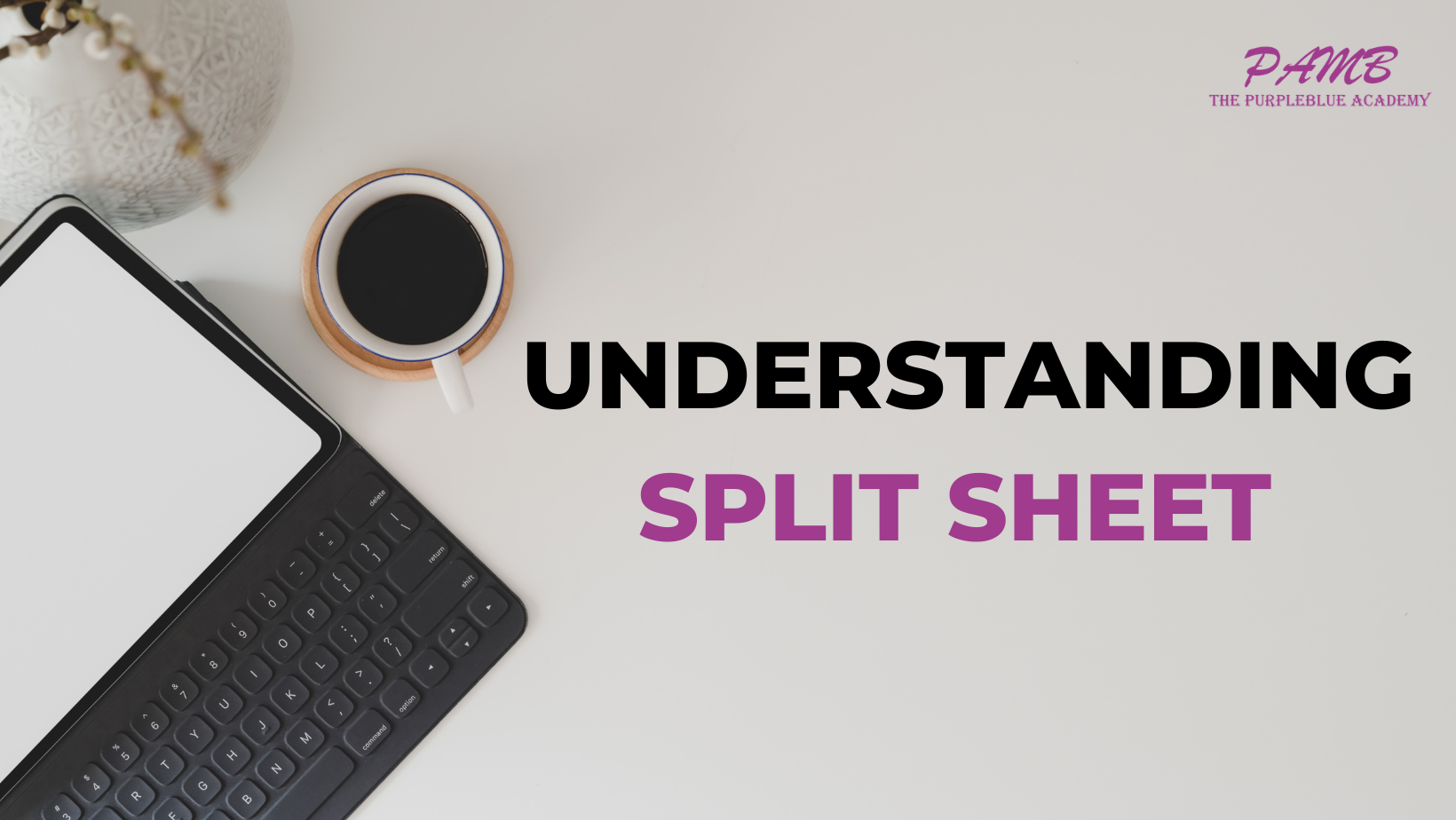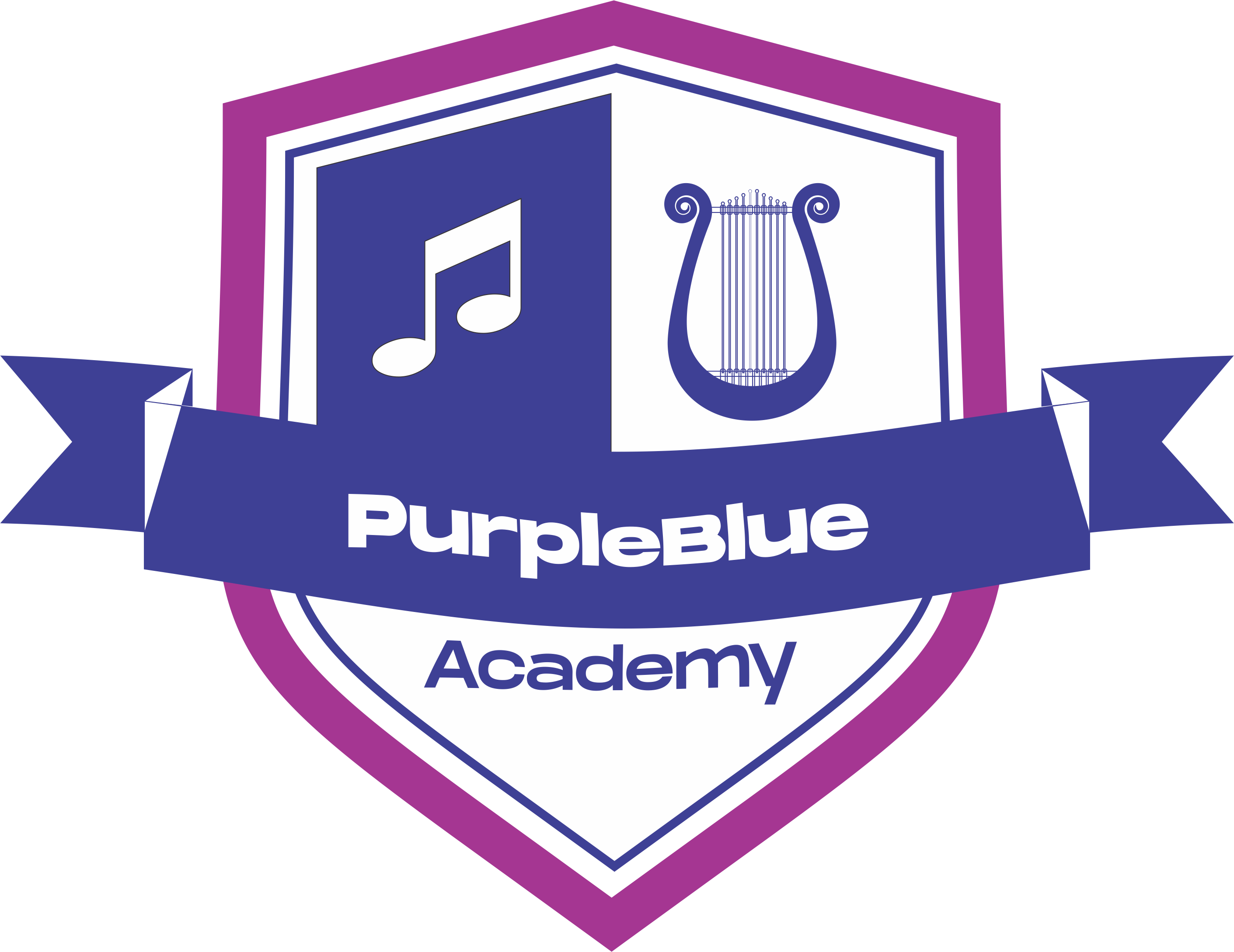
Understanding Split Sheet
Over the course of last week, I was priviledged to speak with two talented artistes who had requested my help in new projects they are currently working on. I was very glad to jump on the train with them because I have always believed in their talents and greatly admired their creativity.
In the course of our discussion and studying the works they have done so far and as part of my helping them sort out their paper works, I asked whether they had composers’ split sheet on the projects they were working on and the look I got from them immediately suggested that they had not taken such documentation into consideration. A habit that is all too familiar in this clime.
At that point, I requested we all sit down, and I took them through what a split sheet is. It was clear that after that discussion, they felt good about the idea of proper documentation for all their projects.
It doesn’t matter whether you are brothers or friends, the music business is BUSINESS and not a family hangout. It is always good to invest time and effort in proper documentation and avoid ‘stories that touch the heart’ tomorrow.
As a songwriter, producer or artiste, it is VERY important for you to understand the types of documents or contracts you may be asked to sign. You may ask, why this is VERY important. It is VERY important because your share of copyright and future income in that work or project you are working on, may right now, just depend on what kind of paperwork or contract you have signed or are about to sign.
I have been in meetings where parties claiming interests in a work have thrown insults and accusations at themselves because someone somewhere is accusing the other person of stealing his or her work or not crediting him or her on a project. Many have gone home broke despite contributing to the creation of blockbuster songs because they failed to do one of the most essential things in music business; confirming your share of ownership and royalty.
What then is a Split Sheet?
A split sheet is a document or a contract or an agreement that confirms the share of copyright ownership in percentage that each songwriter or producer in a musical composition (this could be the lyrics, melodies or beats) controls and the publisher’s information on the composition.
It is clear from the definition above that as a songwriter, when you write a song with another songwriter or a producer, it is very important for both contributors in that work to determine the percentage of copyright ownership, which will in turn help to determine each contributor’s share of royalty from the use of the work whether by a broadcaster or a digital service provider.
A split sheet ensures that the ugly scenario mentioned above does not occur and it helps foster a good business relationship amongst all the interested parties or contributors in a work.
Let me emphasize that a split sheet must be written down on paper, as verbal split agreements may not hold water and the different contributors must be properly captured with their percentage share of copyright ownership. It is also advisable to have a split sheet for each musical composition created.
It is equally important that once a split sheet has been agreed upon, it should be transmitted to your local collective management organisation for their records and proper documentation – this way you do not miss out on any of your earnings.
Thank you and please keep well and stay safe.
CHINEDU CHUKWUJI, PhD
Chinedu Chukwuji is a Copyright and Music Business Expert, Lead Consultant at PurpleBlue Entertainment Solutions and founder of PurpleBlue Academy of Music Business



